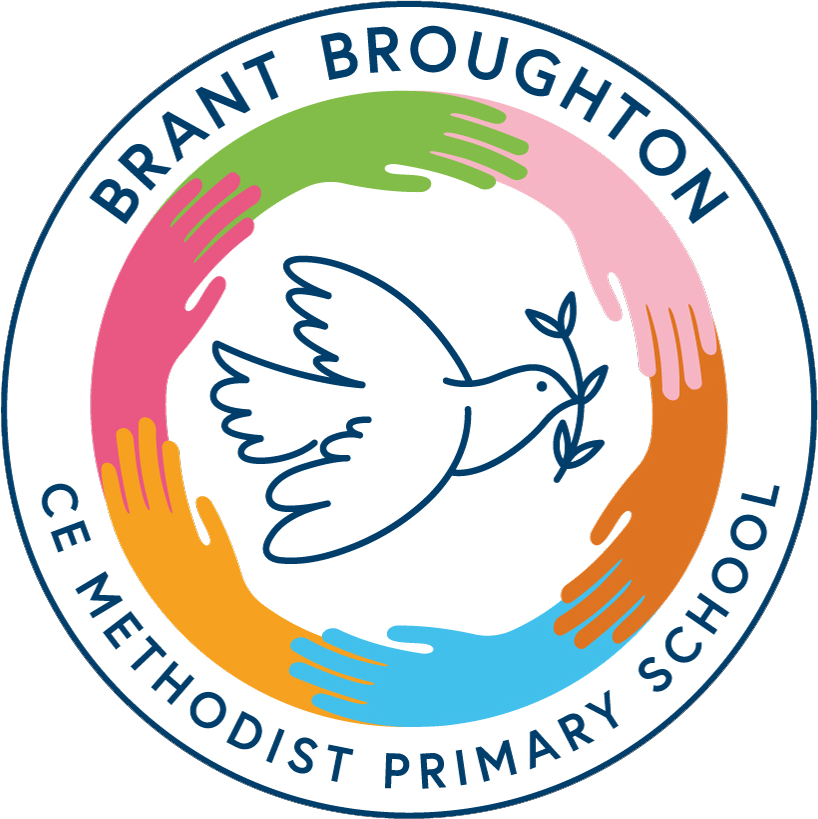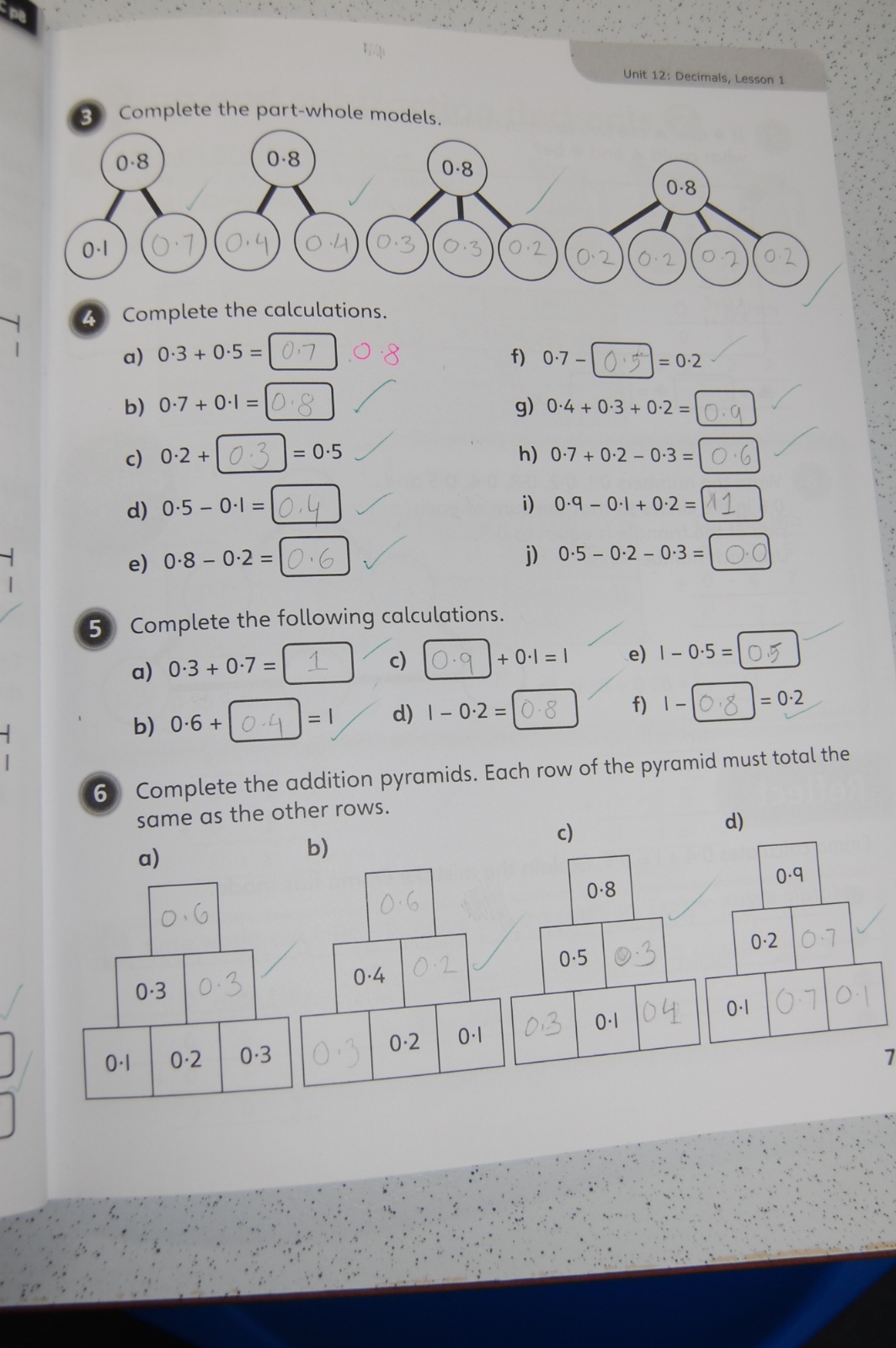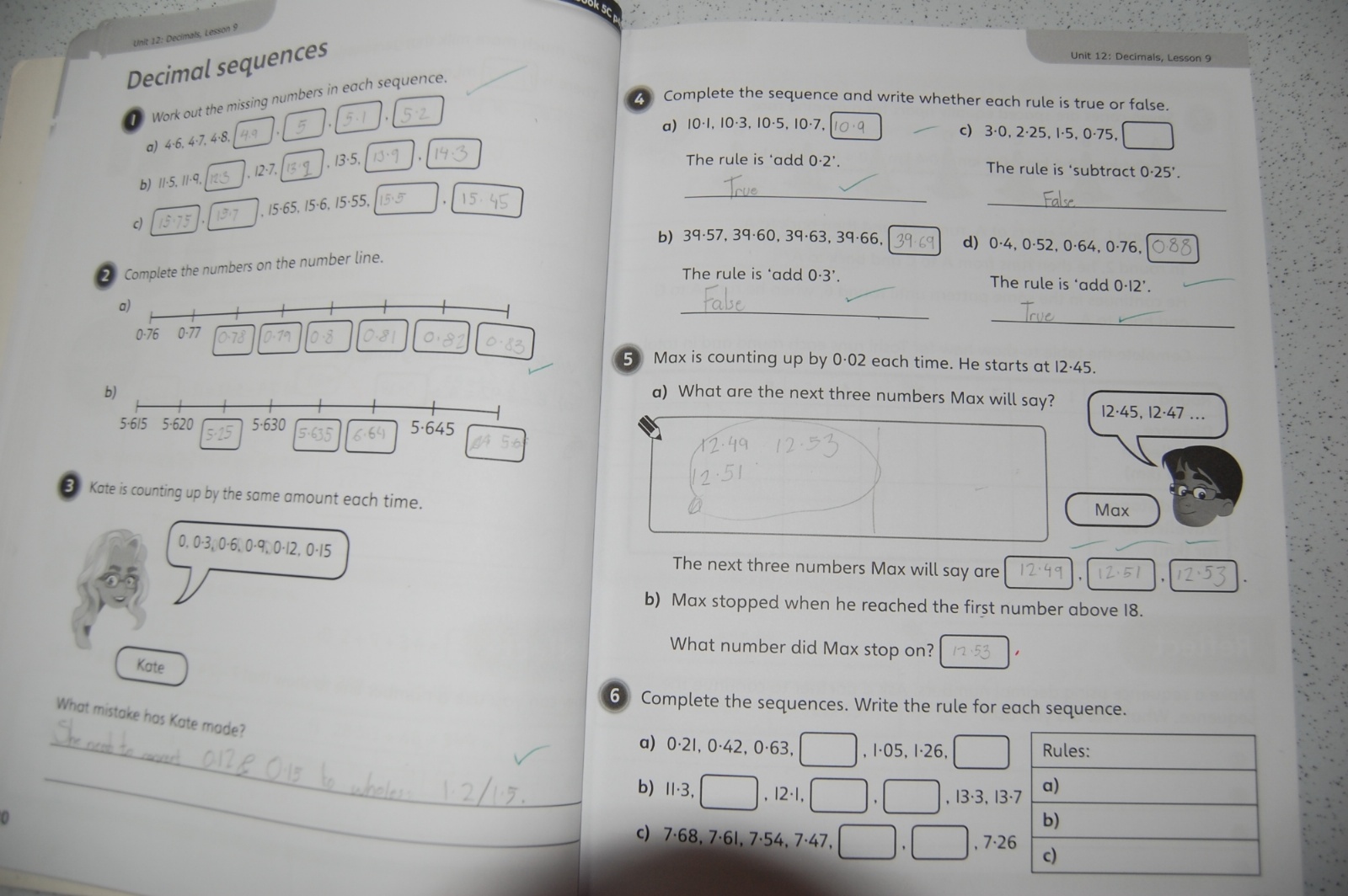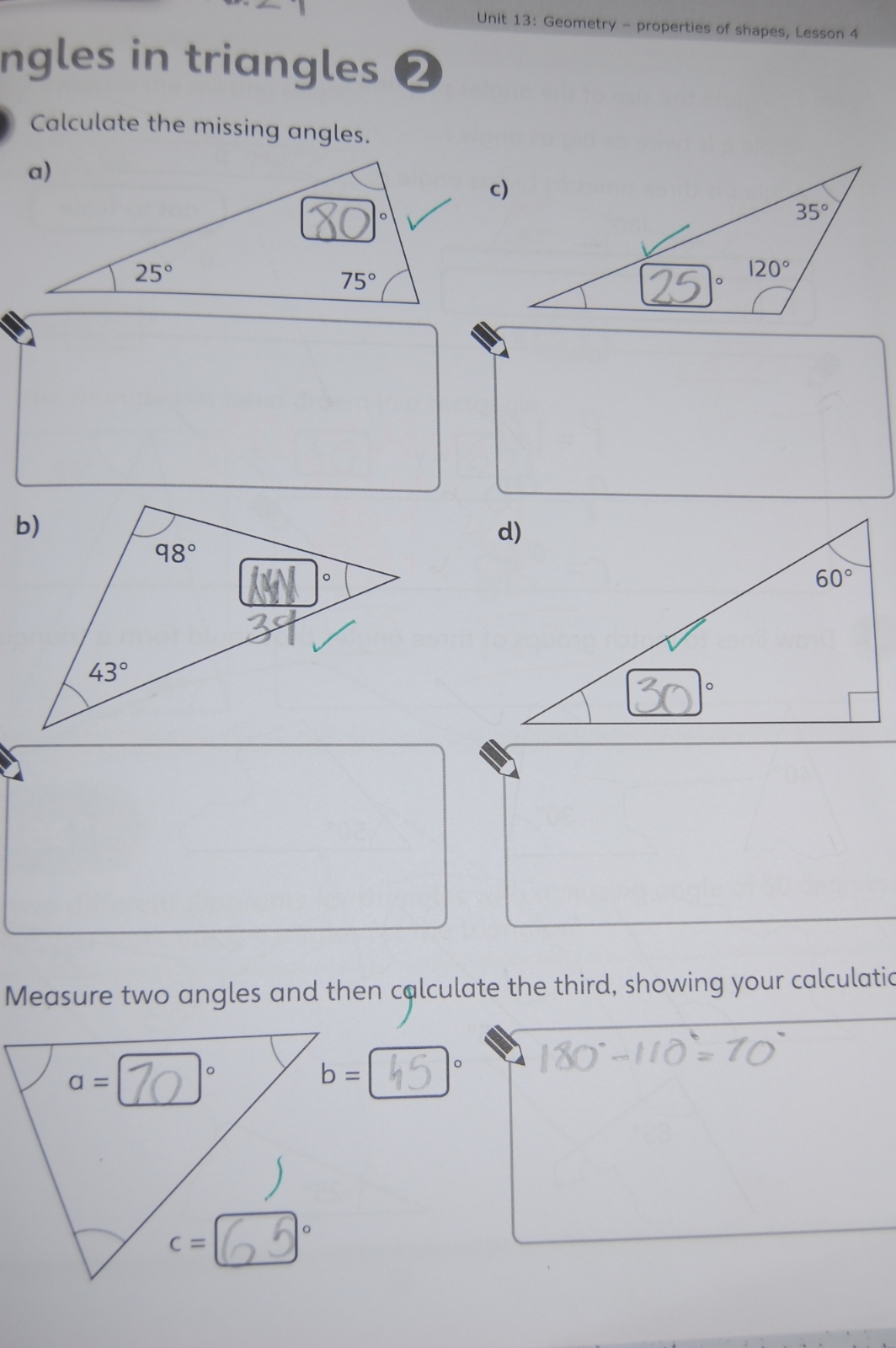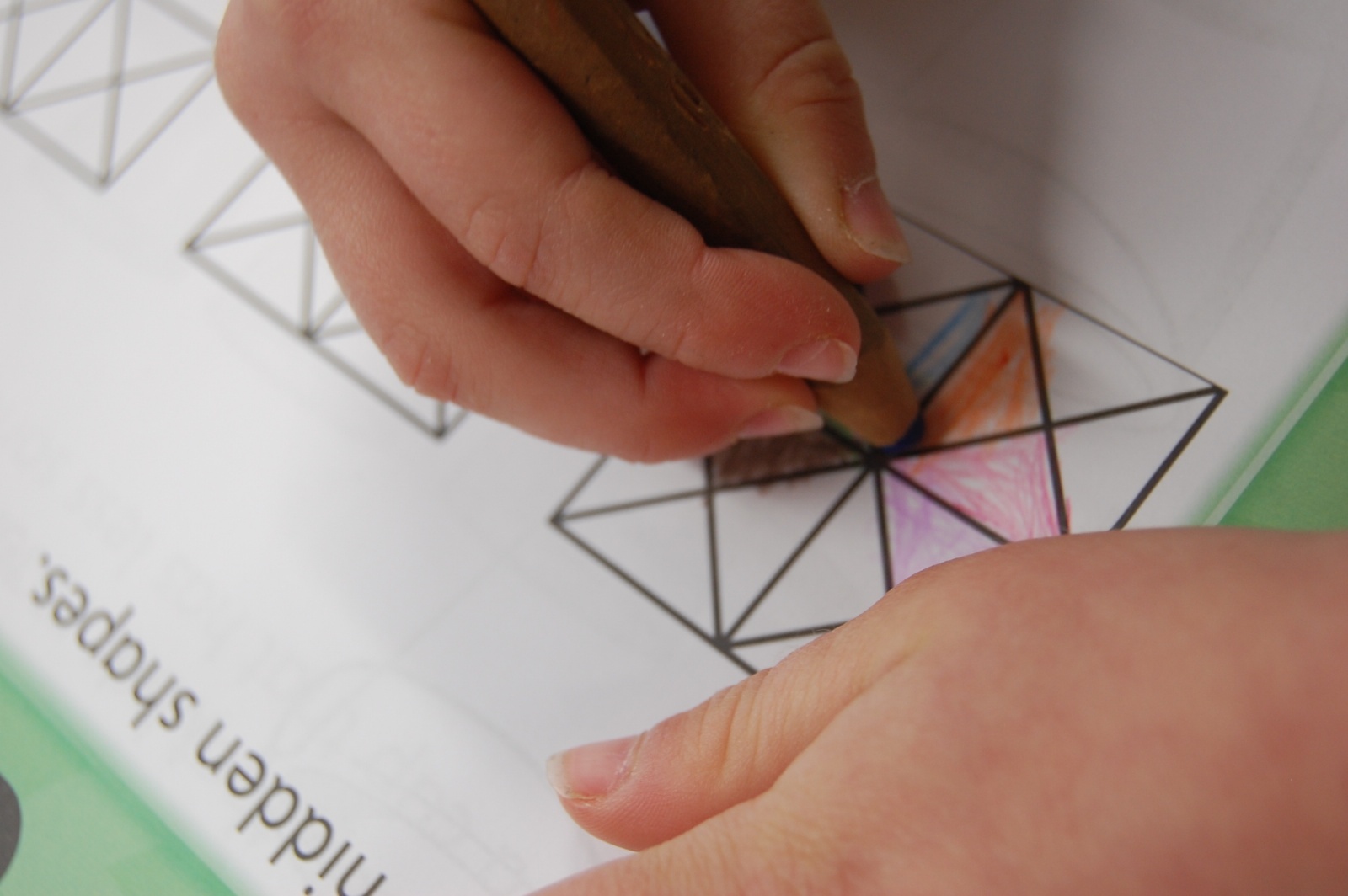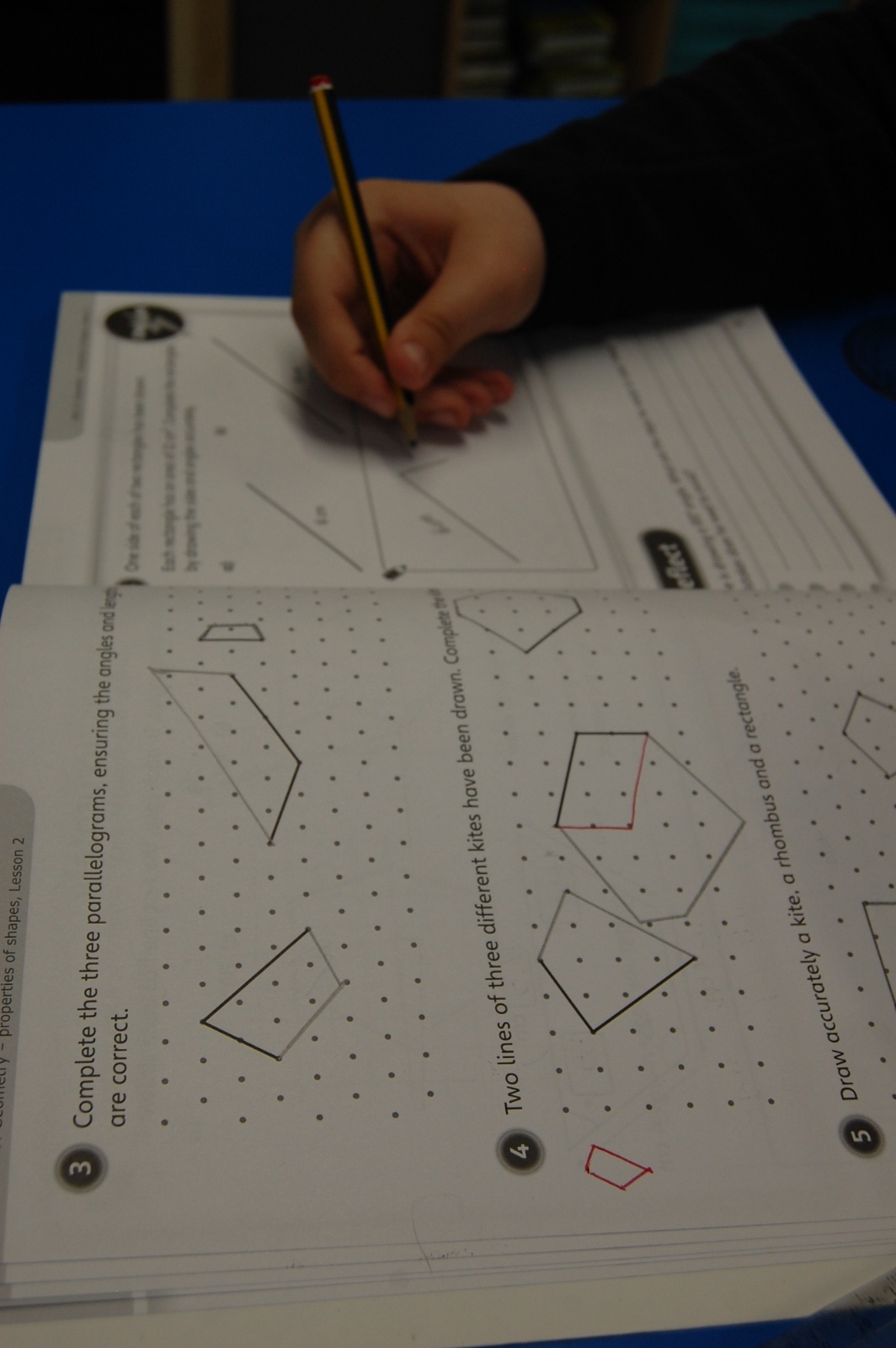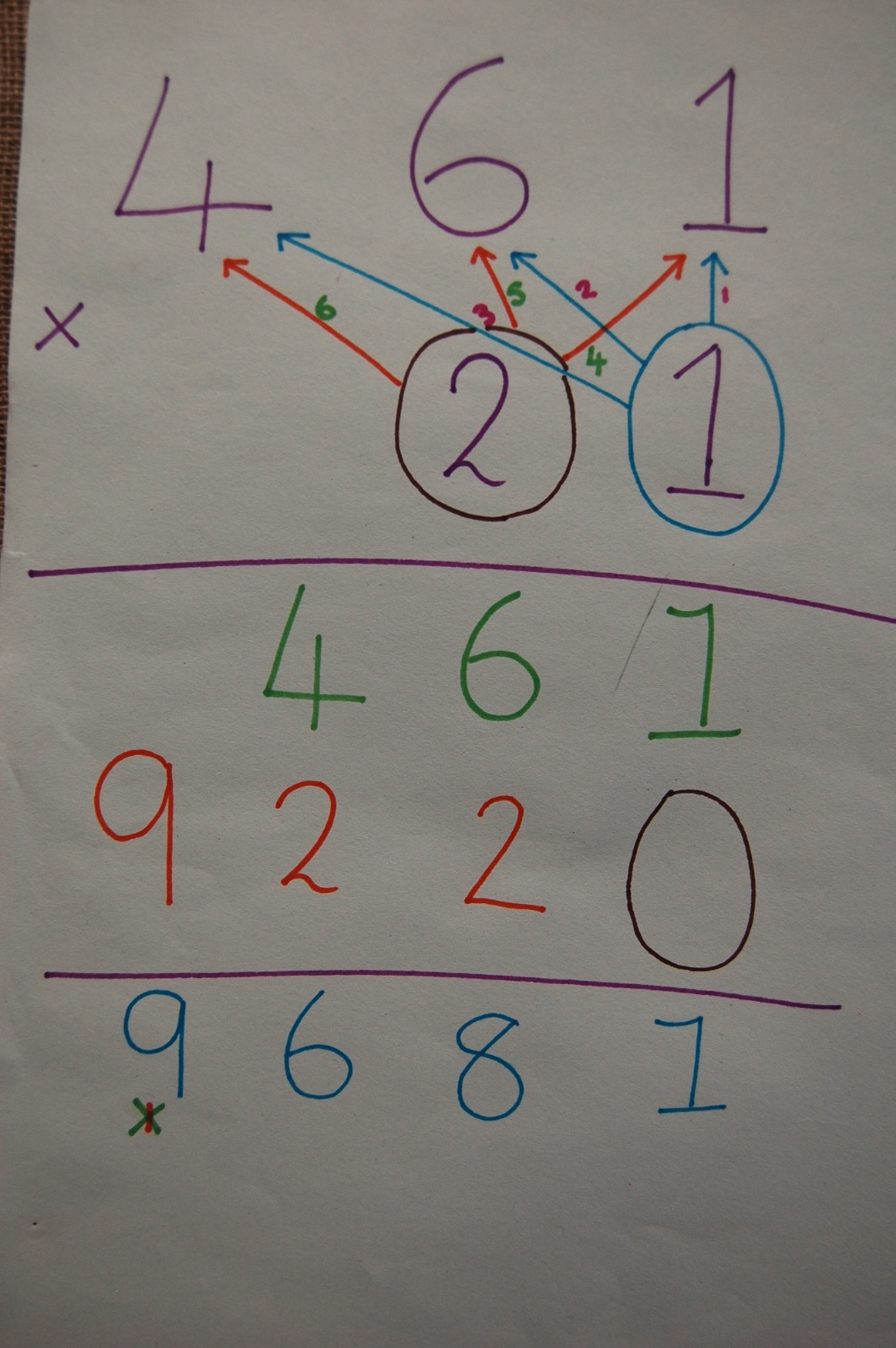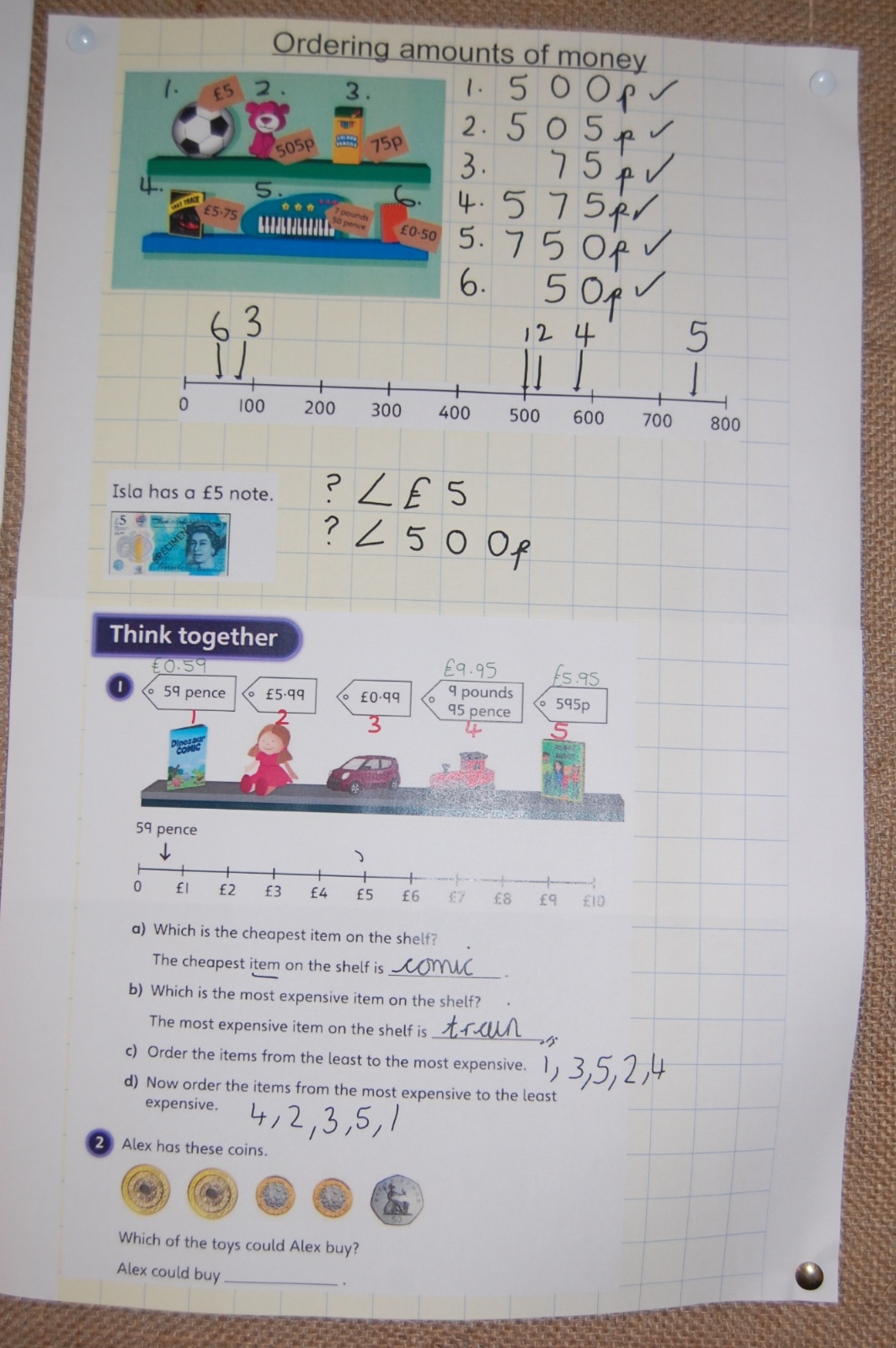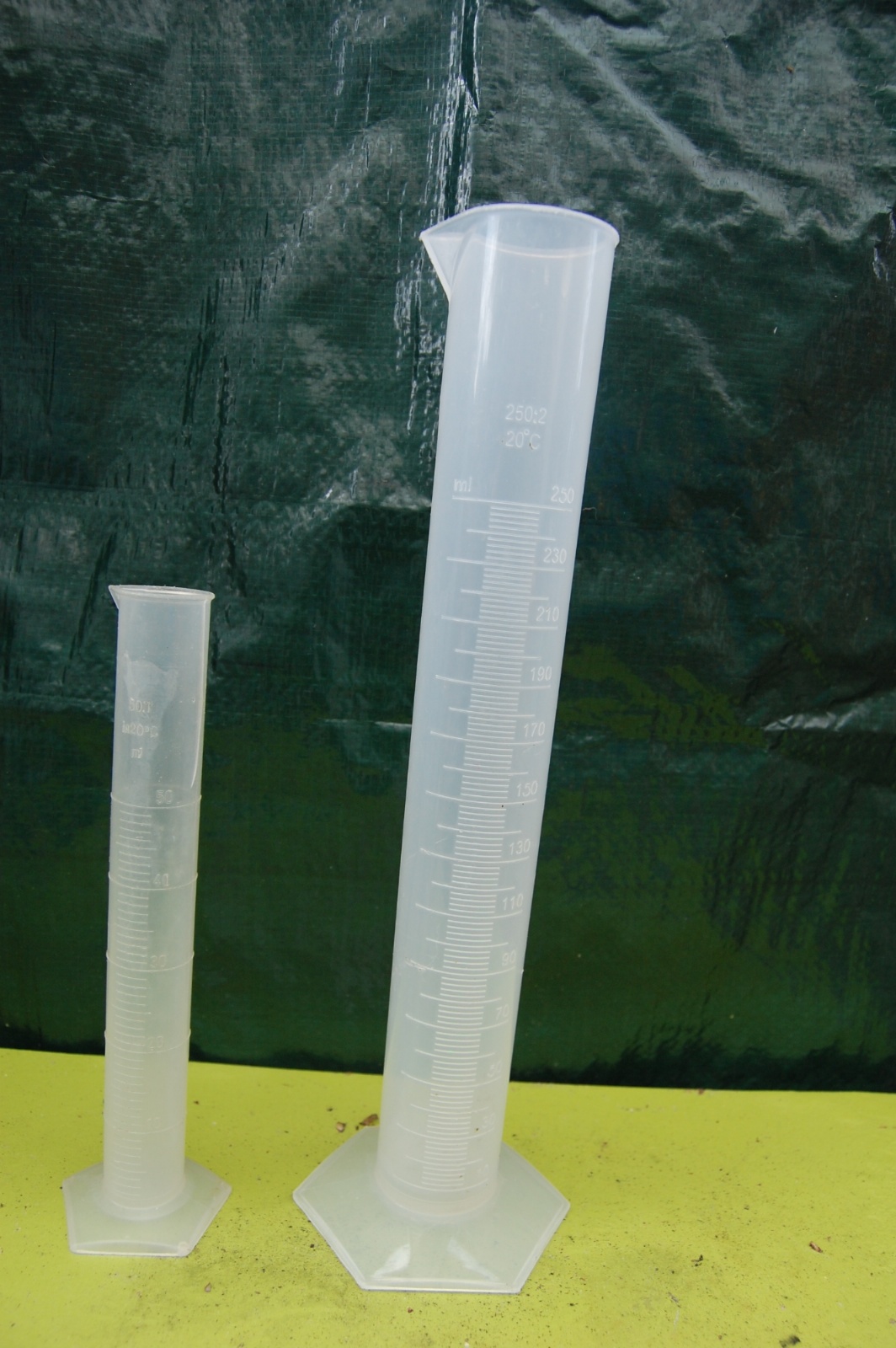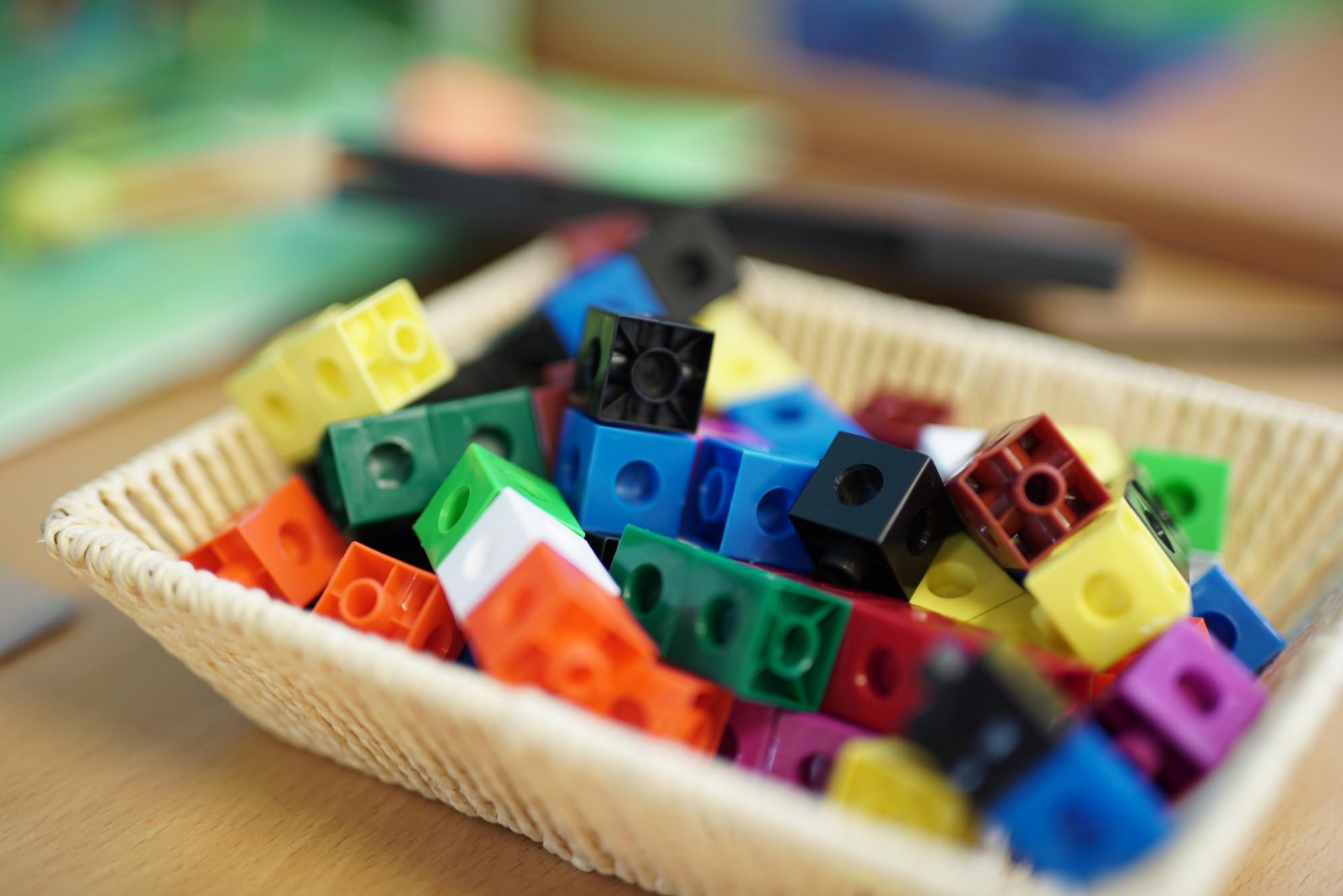Maths
.
Author
Our Intent
Our carefully structured maths curriculum uses a Maths mastery approach to give every child the chance to:
- Become fluent in the fundamentals of mathematics, including through varied and frequent practice with increasingly complex problems over time, so that pupils develop conceptual understanding and the ability to recall and apply knowledge rapidly and accurately.
- Reason mathematically by following a line of enquiry, conjecturing relationships and generalisations, and developing an argument, justification or proof using mathematical language
- Solve problems by applying their mathematics to a variety of routine and non-routine problems with increasing sophistication, including breaking down problems into a series of simpler steps and persevering in seeking solutions
Implementation.
Maths is taught using the Power Maths program in all year groups. From September 2024, pupils in Reception and Year One and Two will also have access to the Mastering Number program which will help them to secure their understanding of number.
Within power maths, children have the opportunity to develop a deep understanding of maths concepts, structures and procedures step by step. This supports children in tackling more complex tasks later on, because children have had the opportunity to develop a good understanding of each idea as it is taught.
Within each lesson and across each content domain, pupils have the chance to revisit concepts that have been taught earlier to ensure that key concepts are visited often. Children have the opportunity to discover new learning and work through examples alongside their peers and the teacher before making connections in discussion and going on to practice and reflect on their new learning.
Impact
The impact of the Maths curriculum will be evident through pupils’ written work and discussion, showing how:
- Pupils are fluent in the fundamentals of mathematics, so that they are able to draw on their conceptual understanding and recall and apply knowledge rapidly and accurately to find answers and solve problems
- Pupils can reason mathematically by following a line of enquiry, conjecturing relationships and generalisations, and developing an argument, justification or proof using mathematical language
- Pupils can solve problems by applying their mathematics to a variety of routine and nonroutine problems with increasing sophistication, including breaking down problems into a series of simpler steps and persevering in seeking solutions
This has ensured pupils' readiness for their future learning.
Impact will be monitored by teachers and leaders in line with the teaching and learning policy.
Gallery
